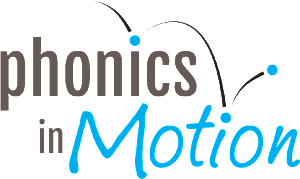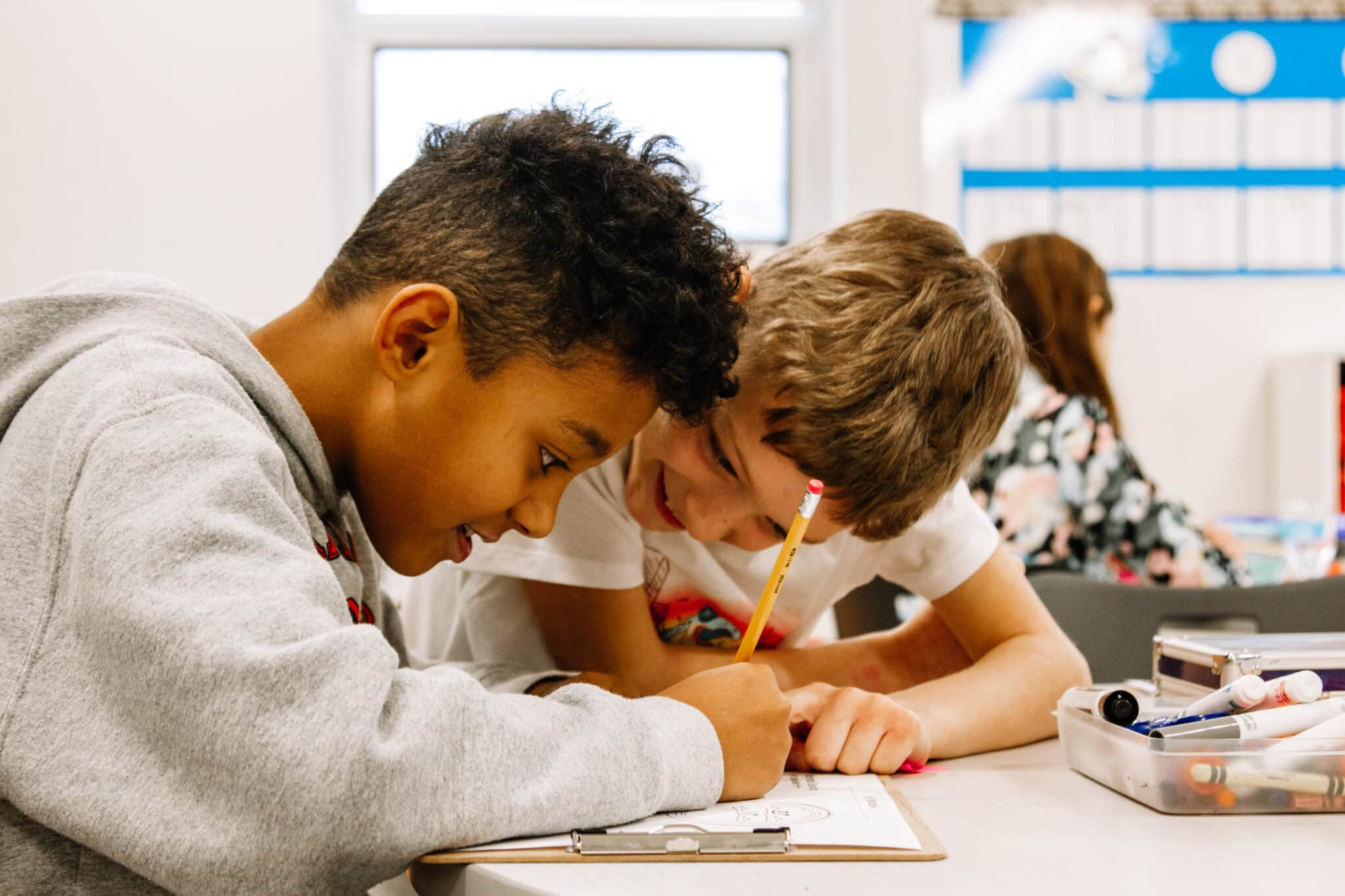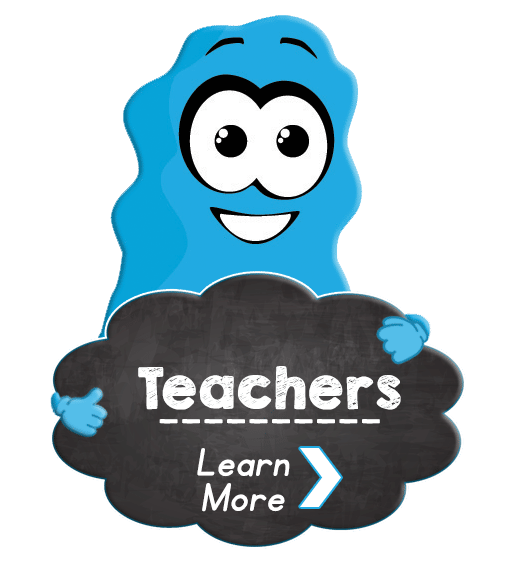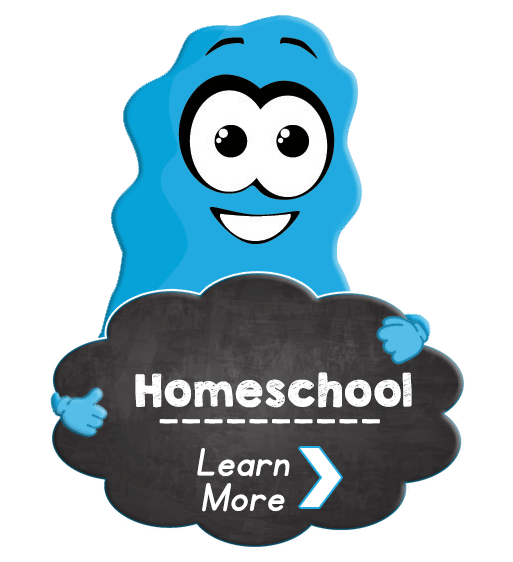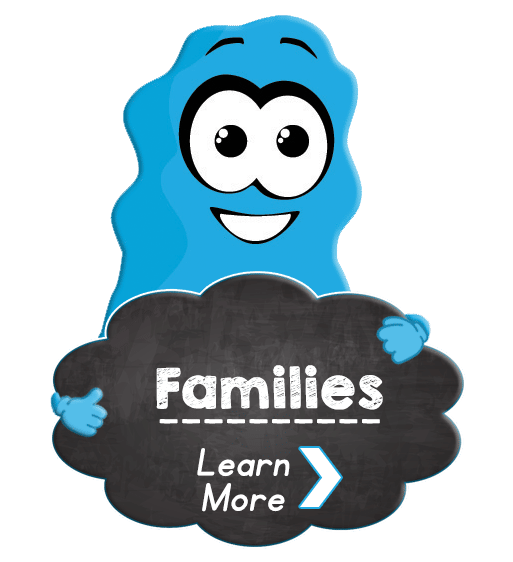Reading Strategies For Struggling Readers
Reading strategies for struggling readers is a hot topic.One of the biggest questions we hear from teachers is “How do I help struggling readers in my class?” It is difficult to juggle a class full of students at varying literacy levels, and many literacy curricula aren’t developed with the flexibility to allow teachers to adjust.
Reading strategies for struggling readers include increasing multisensory instruction, teaching through explicit literacy instruction, and using differentiated instruction methods.
Why Do Some Students Struggle With Reading?
There are many reasons students may struggle with reading skills, including a lack of phonemic awareness, limited vocabulary, low decoding skills, and difficulty with comprehension.
Reason 1. Lack of Phonemic Awareness
One of the primary reasons why some students struggle with literacy skills is a lack of phonemic awareness. Phonemic awareness is the ability to hear, identify, and manipulate the sounds in spoken language.
Children who lack phonemic awareness may struggle to learn letter-sound relationships, which can lead to difficulties with decoding and comprehension. Phonemic awareness is a precursor to phonics instruction, which teaches children to associate sounds with letters and letter combinations. Without a strong foundation in phonemic awareness, children may struggle to understand phonics and apply it in the classroom.
Reason 2. Limited Vocabulary
Another reason why students may struggle is limited vocabulary knowledge. Vocabulary knowledge is crucial for comprehension. Children who have limited vocabulary knowledge may struggle to understand the words they encounter. This can lead to frustration, decreased comprehension, and a lack of motivation to read.
Vocabulary knowledge can be built through authentic experiences and direct instruction. Teachers can help students by providing explicit instruction in word meanings and encouraging students to read widely and frequently to encounter new words in context.
Reason 3. Trouble With Decoding Skills
Poor decoding skills can also be a significant barrier to literacy success. Decoding is the ability to apply knowledge of letter-sound relationships to accurately read words. Children who have poor decoding skills may struggle with recognizing words on the page, leading to difficulties with fluency and comprehension.
Phonics focused instruction can be beneficial for students with poor decoding skills. Teachers can use explicit, systematic instruction to teach letter-sound relationships and decoding strategies. Additionally, repeated exposure to decodable texts can help students build fluency and accuracy.
Reason 4. Difficulty With Comprehension
Finally, some students may struggle with literacy because of insufficient comprehension strategies. Comprehension strategies are techniques that readers use to understand and remember what they have read. Children who lack comprehension strategies may struggle to remember what they have read and to make connections between new information and prior knowledge.
Comprehension strategies can be taught through explicit instruction and modeling. Teachers can help students develop comprehension strategies by demonstrating how to use strategies like summarizing, making predictions, and asking questions. With practice and guidance, students can learn to apply these reading strategies for struggling readers independently to enhance their understanding of texts.
Struggling Readers: The Long-Term Impact
If literacy challenges are not corrected in the early grades, students are at risk of life-long learning difficulties. Difficulties struggling readers face include decreased academic achievement, decreased motivation and self-esteem, limited future opportunities, and lower levels of career success. These can be corrected by implementing effective reading strategies for struggling readers.
Impact 1. Decreased Academic Achievement
Struggling with literacy has a significant impact on academic achievement. Children who have literacy challenges may fall behind in their academic subjects, leading to decreased opportunities and limited choices in the future. In fact, studies have shown that 1/6 of students who cannot read proficiently by grade 3 do not graduate from high school. This can be especially challenging for students who are struggling in the early grades because they may have difficulty learning the foundational skills they need to be successful in later grades. If students don’t acquire basic literacy skills, they may struggle with more advanced content that relies on those foundational skills.
Impact 2. Decreased Motivation And Self Esteem
Struggling with literacy also has a negative impact on motivation and self-esteem. Students who are challenged may feel frustrated and demotivated, leading to a decrease in self-esteem and confidence. They may start to see themselves as less capable or less intelligent than their peers. This can lead to a lack of interest in schoolwork in general, which can further exacerbate the problem. As a result, students may become disengaged from school and miss out on opportunities to learn and grow.
Impact 3. Limited Opportunities
Furthermore, low literacy levels can limit opportunities for personal growth and development. Literacy is a gateway to learning about the world and developing new skills and interests. Children who struggle may miss out on these opportunities. For example, they may have difficulty engaging with informational texts, which can limit their ability to learn about new topics and develop new interests. This can lead to a limited worldview and fewer opportunities for personal growth.
Impact 4. Future Career Success
Finally, low literacy levels have a negative impact on future success. Literacy is a vital skill for future success in education and the workforce. Children may face challenges and barriers in achieving their goals. For example, they may have difficulty completing assignments, studying for tests, or even filling out job applications. These challenges can limit their opportunities and hinder their ability to achieve success in their personal and professional lives.
Reading Strategies For Struggling Readers
Effective reading strategies for struggling readers can make a significant impact for young students, helping them overcome their difficulties and become confident and fluent readers.
Effective reading strategies for struggling readers include incorporating multisensory literacy instruction methods, teaching literacy skills explicitly, and differentiating instruction in the classroom.
Reading Strategy 1. Multisensory Literacy Instruction
One such approach is multisensory learning, which engages multiple senses to help students make connections and retain information more easily. Multisensory learning approaches may include using visual aids, such as charts and pictures, hands-on activities, such as building words with letter blocks, and kinesthetic motions, such as clapping out syllables. These approaches can help struggling readers develop a deeper understanding of language and reading, making it easier for them to decode and comprehend written text.
Reading Strategy 2. Explicit Instruction In Literacy Skills
Direct instruction in phonics and phonemic awareness is another effective strategy for young struggling readers. Phonemic awareness is the ability to hear, identify, and manipulate the sounds in spoken language, and it is a critical skill that helps children connect the sounds in spoken language to the letters on the page. Explicitly teaching letter-sound relationships, phoneme segmentation, and blending can help struggling readers develop the skills they need to become fluent readers. Phonics instruction teaches students to use letter-sound relationships to decode words, which is an essential skill for reading fluency and comprehension. By providing direct instruction in phonics and phonemic awareness, struggling readers can develop the foundational skills they need to become successful readers.
Reading Strategy 3. Differentiated Instruction
Reading interventions are another effective strategy for young struggling readers. These programs provide targeted instruction and support to struggling readers, focusing on specific areas of need, such as phonemic awareness or comprehension strategies. Reading interventions can be delivered in a one-on-one or small group setting and are designed to help struggling readers make significant gains in their reading abilities. By providing additional support and instruction, struggling readers can build their confidence and develop the skills they need to become successful readers.
Reading Strategies For Struggling Readers: How Phonics in Motion Helps
Phonics in Motion is a multisensory approach to teaching literacy skills that uses kinesthetic motions for each phoneme, known as KMPs, to help struggling readers connect the sounds of spoken language to the letters on the page. This program covers phonemic awareness, phonics, vocabulary, fluency, and comprehension.
Phonemic awareness is an essential component of the program, and it is explicitly taught through activities that help students identify and manipulate individual sounds in words. Students also learn phonics skills that enable them to decode words more efficiently and accurately, including the relationship between sounds and letters, as well as word families and patterns.
To build vocabulary, Phonics in Motion provides students with exposure to new words through explicit instruction and activities. The program also includes opportunities for students to apply their new vocabulary in context, such as through kid-friendly routines and authentic learning experiences
In terms of fluency, Phonics in Motion incorporates regular practice to help students read more smoothly and with expression. The KMPs used in the program help students associate physical actions with specific sounds, which can aid in improving speed and accuracy.
